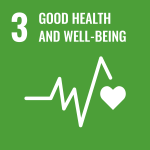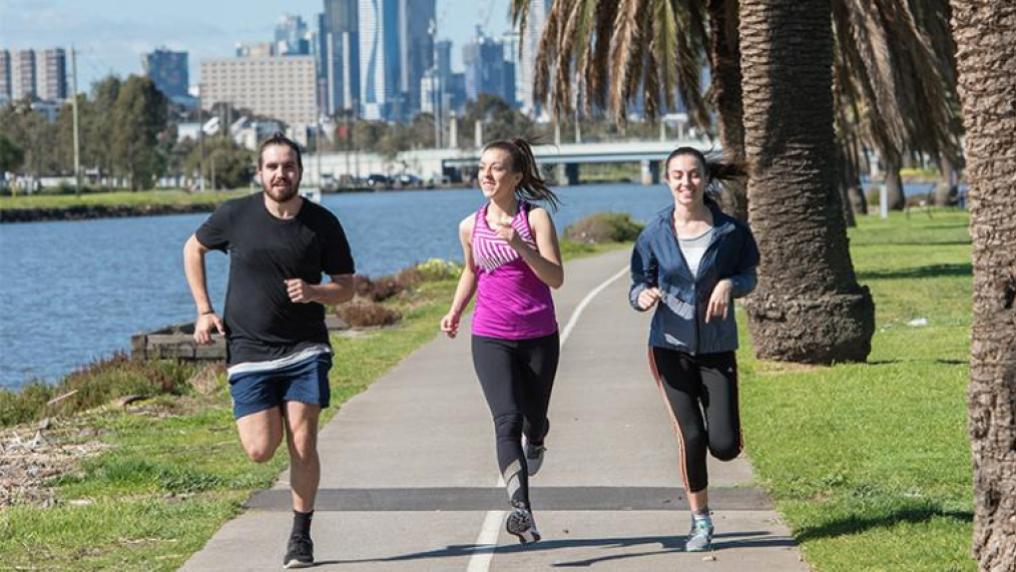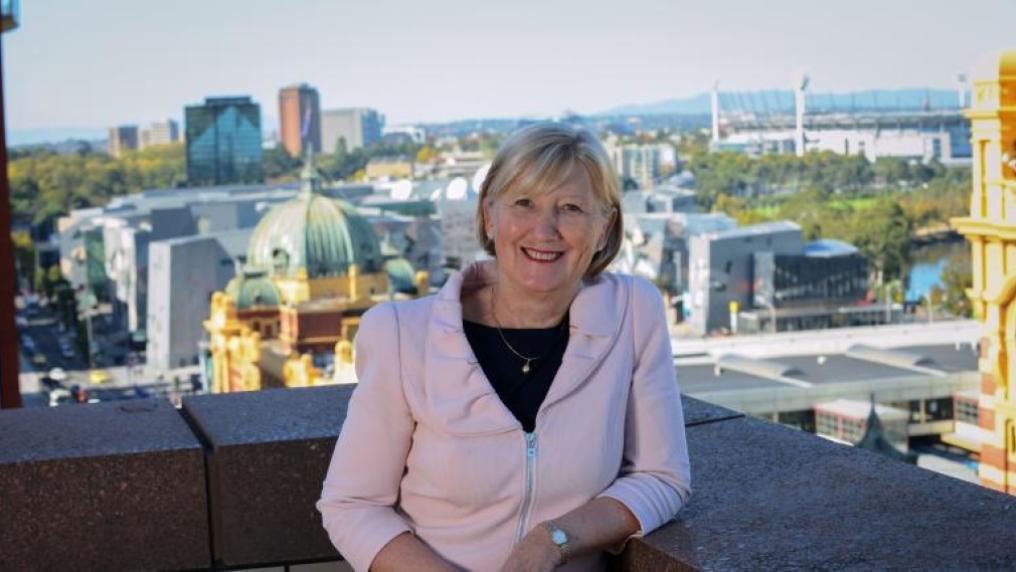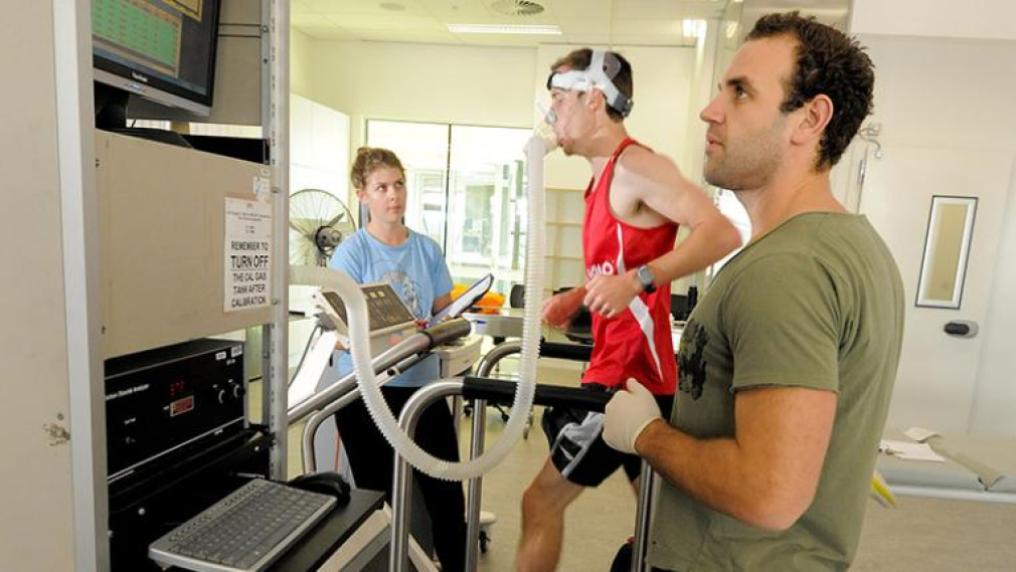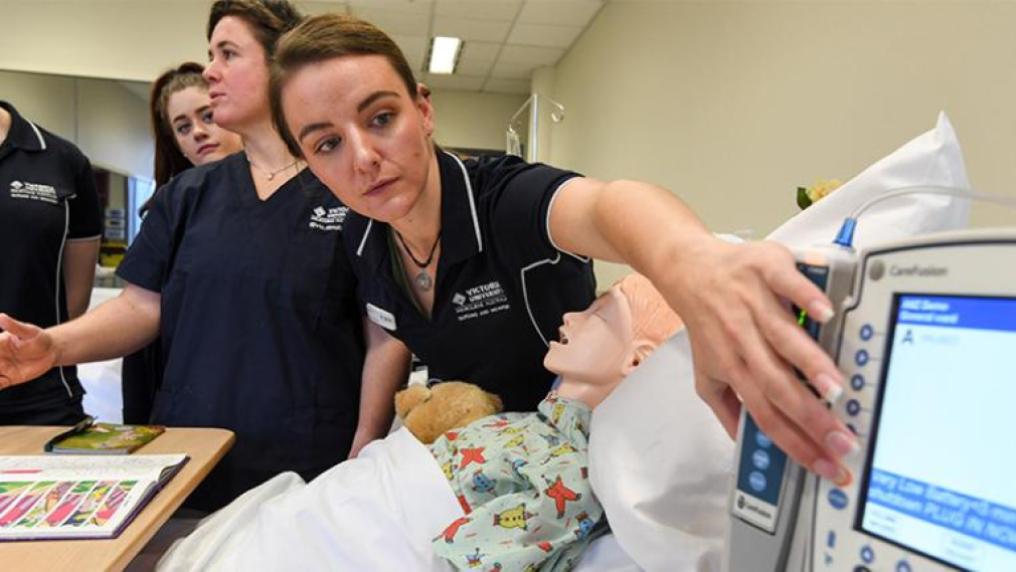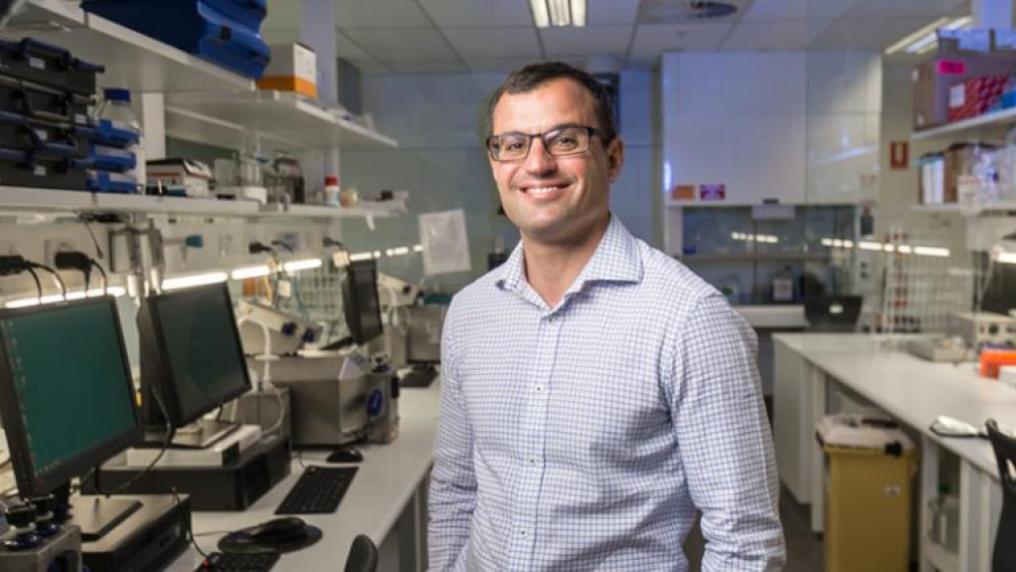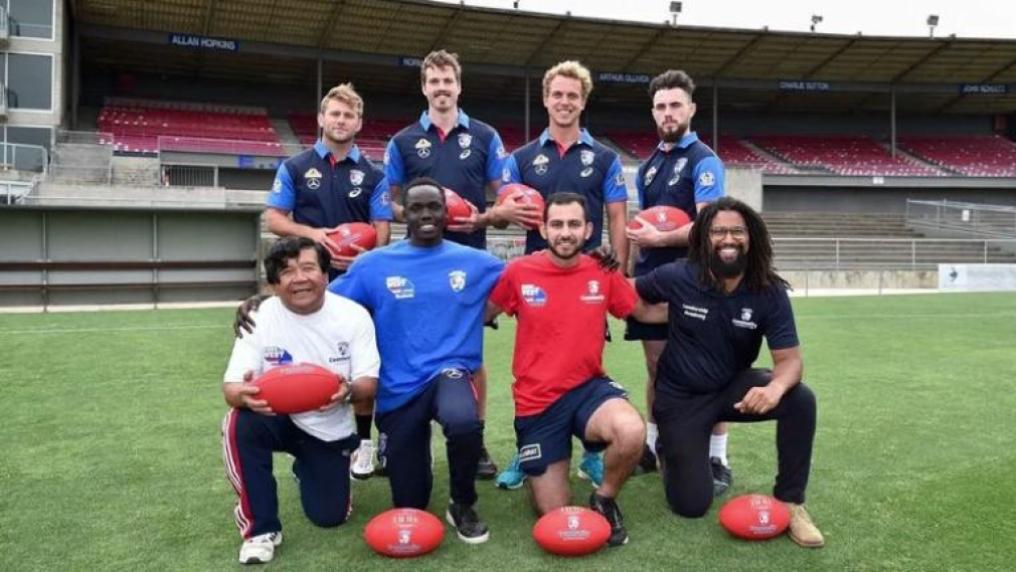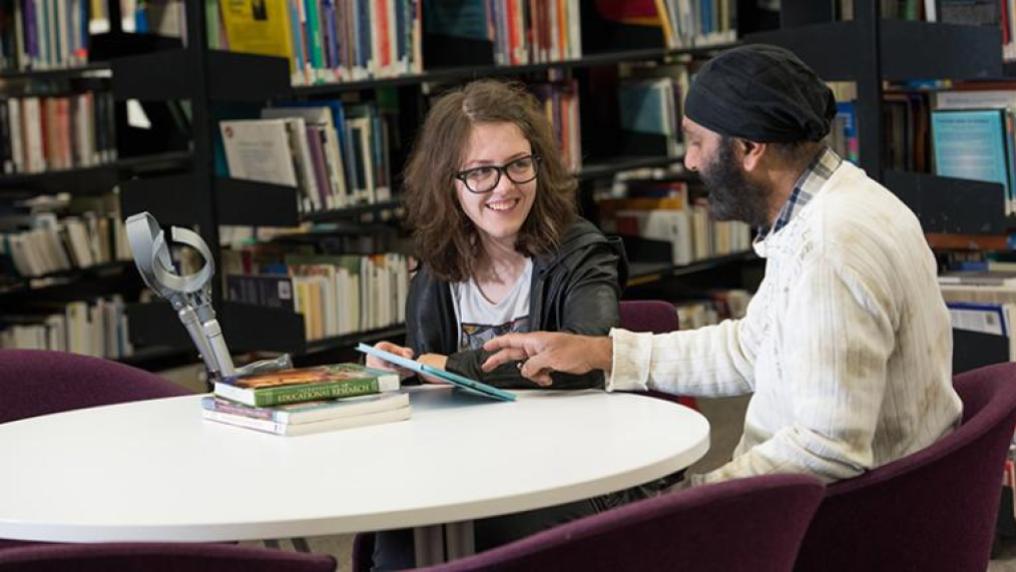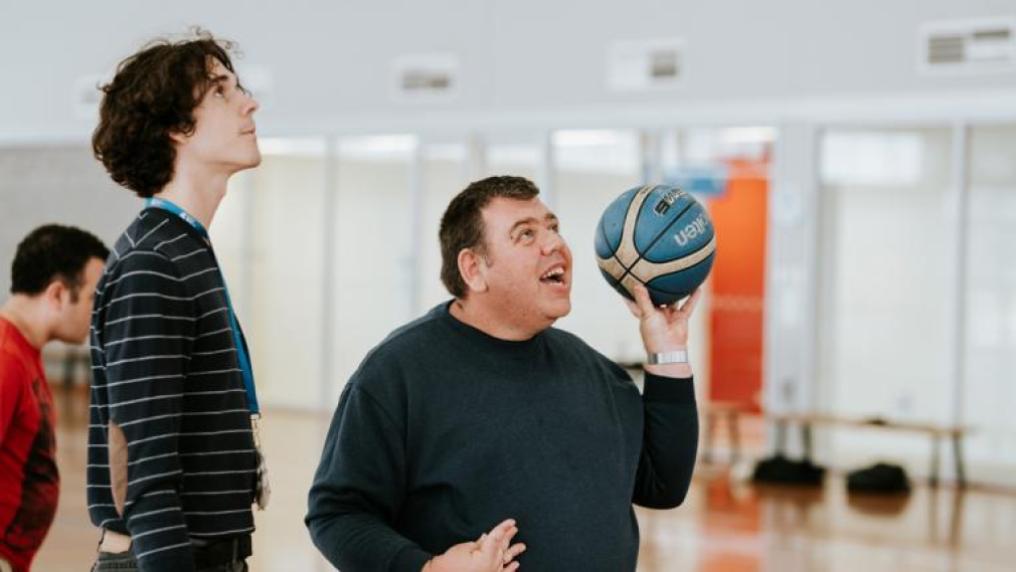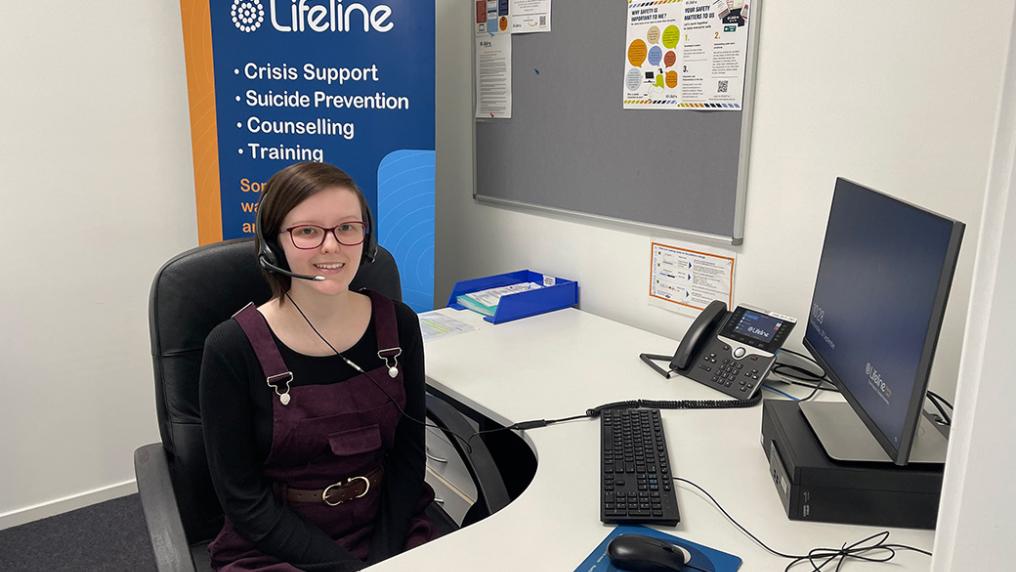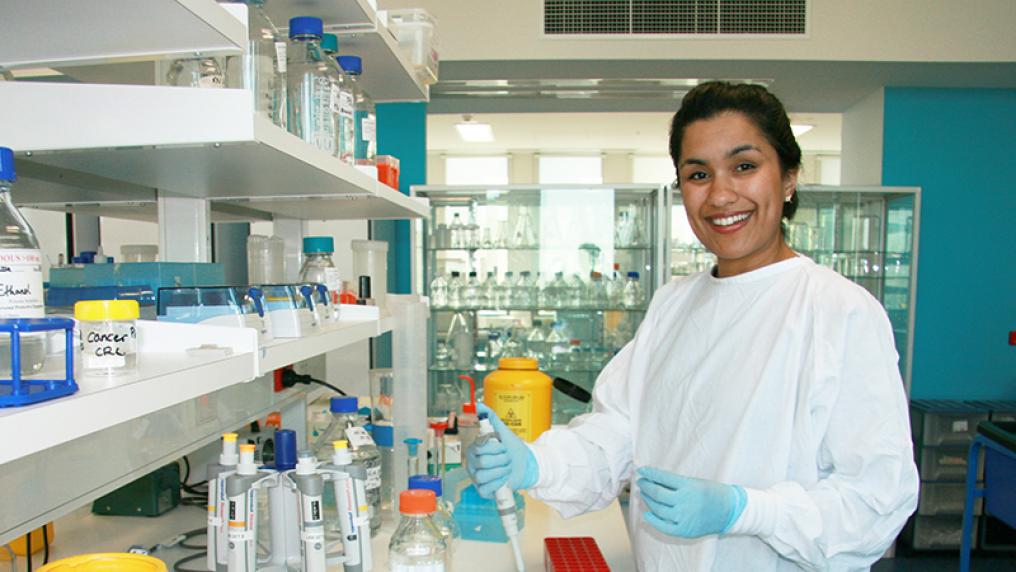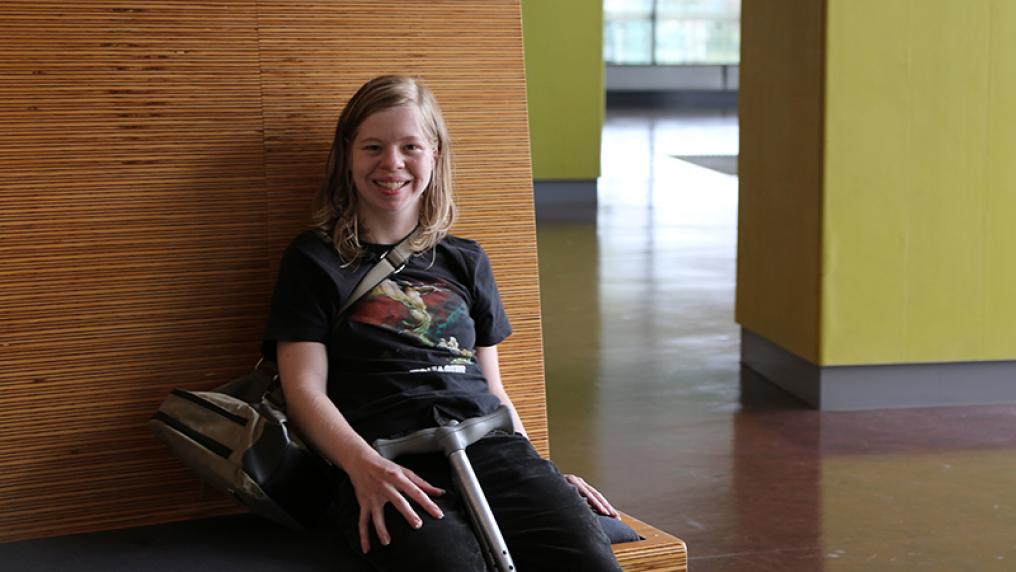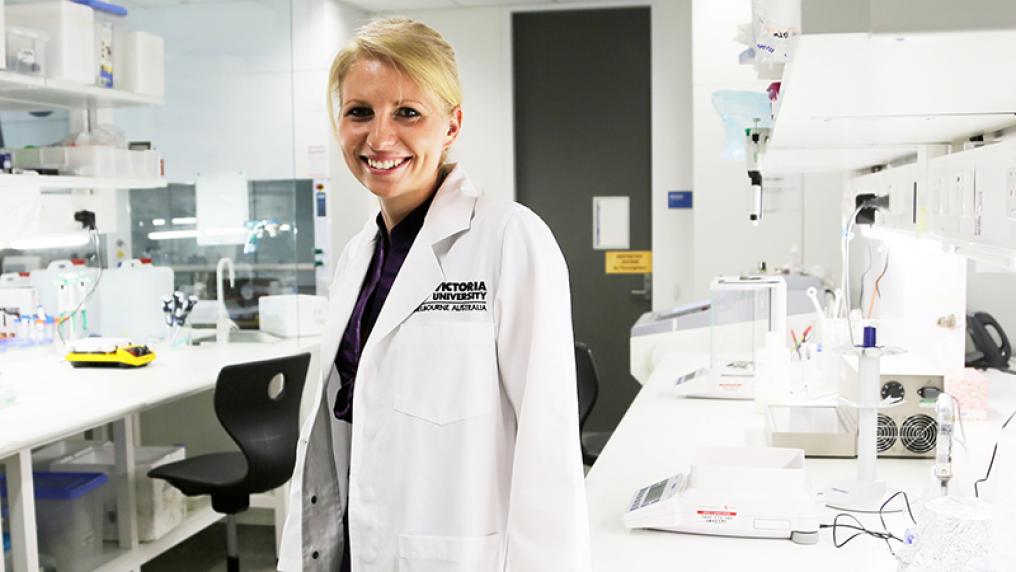Goal 3: Good health & well-being
At Victoria University, we are deeply dedicated to improving health through teaching, research, clinics and support services.
Our research programs approach the complex issues of human health from many angles, including disease treatment, policy improvement, and exercise as prevention.
Our Institute for Health and Sport supports extraordinary biomedical research, such as the work of Vasso Apostolopoulos, who developed the concept of immunotherapy for cancer.
The pandemic and other ongoing crises are hindering progress in achieving SDG3, exacerbating existing health inequalities and threatening progress towards universal health coverage.
– United Nations
